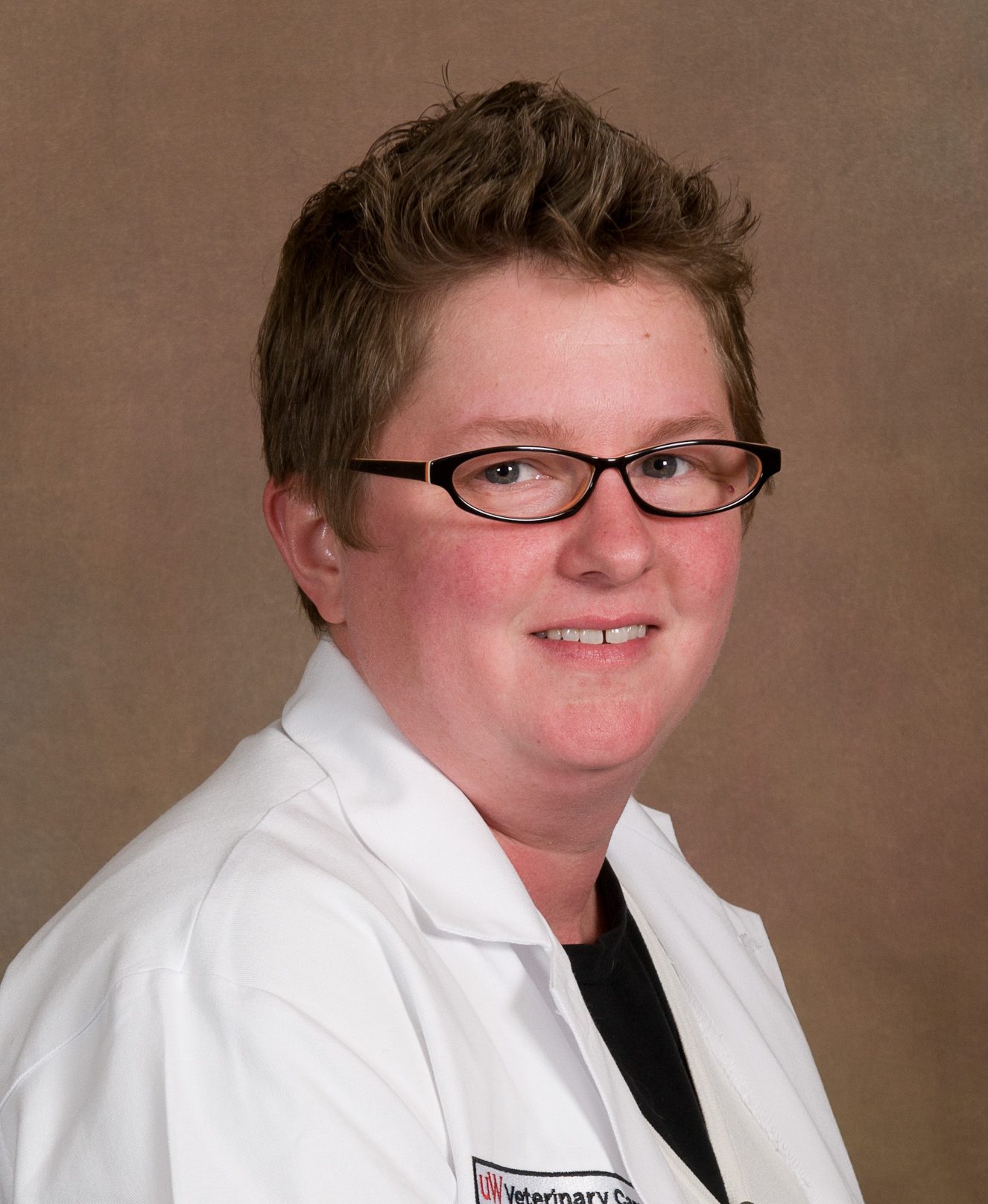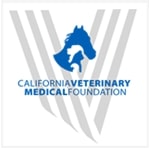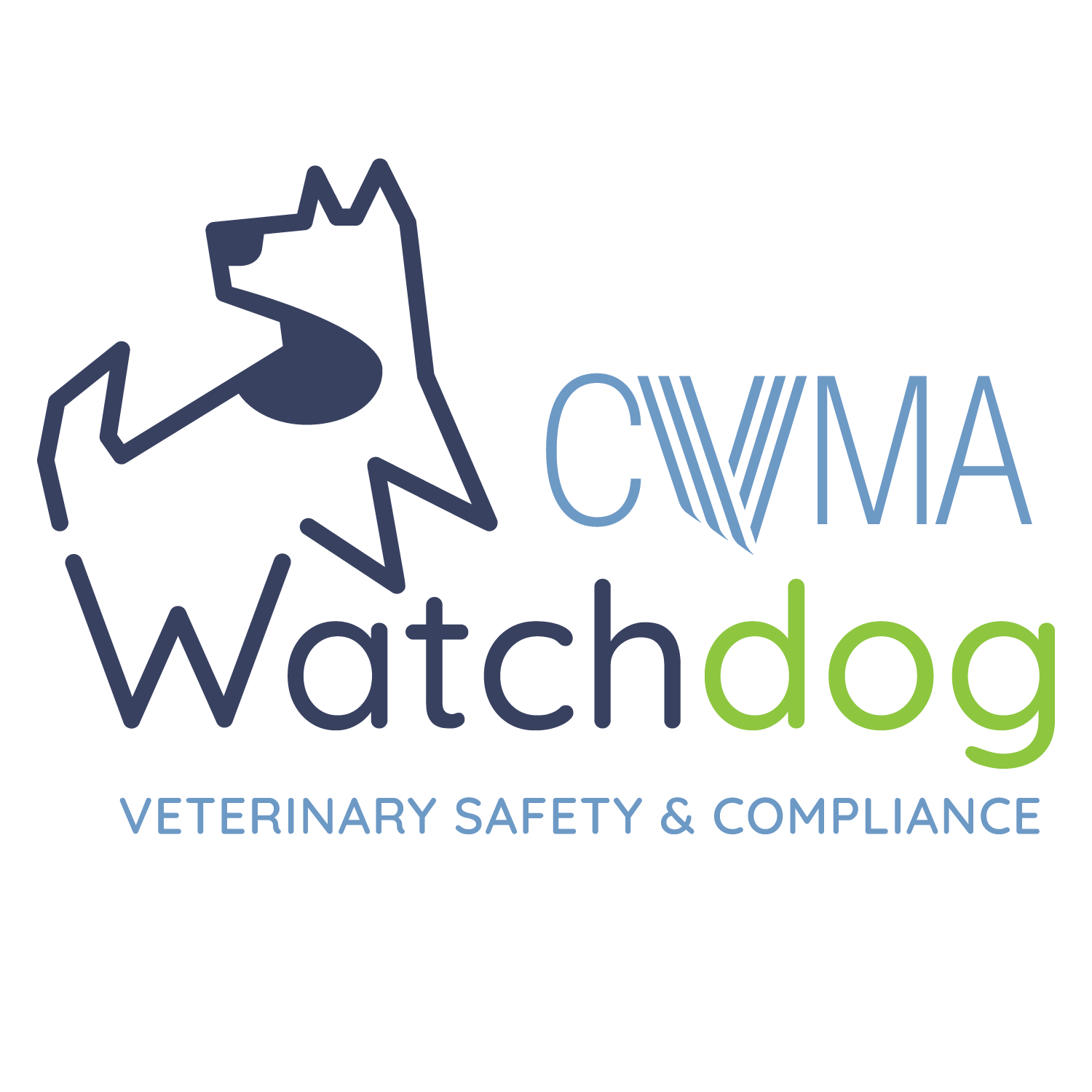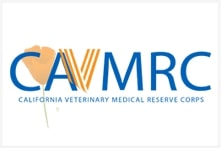
Valerie Fadok, DVM, Ph.D., DACVD
General topic: Dermatology
Dr. Valerie Fadok earned her DVM degree from Washington State University and a Ph.D. in experimental pathology from the University of Colorado School of Medicine. She became board-certified in veterinary dermatology in 1982. Dr. Fadok worked in academic and private practices prior to joining Zoetis in 2016 as a field specialist. She retired in January of 2023 and now provides support to Nextmune, Zoetis Diagnostics, and the Veterinary Information Network (VIN).
Friday, October 4, 2024
8:00 AM–12:35 PM (PST)
Understanding the Pathogenesis of Atopic Dermatitis: Why It Matters (8:00 AM-9:00 AM)
Atopic dermatitis is a lifelong inflammatory disease. If we as veterinarians understand the pathogenesis, we can do a better job of setting realistic expectations for our clients. We can also better understand why flares occur and how to prepare our clients to control these at home. We will discuss our understanding of this disease in dogs and how this knowledge impacts our treatment approach.
Diagnosis and Management of Atopic Dermatitis in Dogs (9:05 AM-10:05 AM)
Because atopic dermatitis is not curable, we need to develop a proactive, long-term plan for our patients. We want to manage as many flare factors as we can to optimize control. In this lecture we will focus on the multimodal approach to atopic dermatitis and share some communication tips to help our clients develop realistic expectations for this lifelong, progressive inflammatory disease.
What’s New with Allergy Testing and Immunotherapy: How to Incorporate It into Your Management of Allergies in Dogs and Cats (10:30 AM-11:30 AM)
Managing atopic dermatitis in dogs requires setting realistic expectations for our clients and explaining that this is a lifelong, progressive disease. The value of immunotherapy is to reduce the need for medication and to slow the progression of the disease. We cannot expect immunotherapy to be the sole treatment for most of our patients, and we need our clients to understand that this treatment will not work quickly. We therefore need to support our patients with systemic and topical medication until the immunotherapy has a chance to work. Unfortunately, we can’t predict which patients will respond well; we just have to try. In this lecture, we will talk about expectations and the modalities we can use to support our patients and clients with this frustrating disease.
Food Allergy: New Ideas About Diagnosis and Management (11:35 AM-12:35 PM)
Food allergy may be one of the most frustrating topics we discuss with our clients. There are many emotions around food that we don’t have around pollens! In this lecture, we will discuss some new concepts around food allergy, and why the elimination diet remains the test of choice for diagnosis in dogs and cats. We will discuss some new tests being developed to help us make things easier for our clients in understanding the role of food in their pets’ clinical disease.
Saturday, October 5, 2024
8:00 AM–10:05 AM (PST)
Allergies in Cats: What Do We Know and What Do We Do? (8:00 AM-9:00 AM)
Cats are special! In this lecture, we will talk about the syndromes we see associated with allergic dermatitis in cats and how we approach diagnosing and treating these patients. Many of the concepts we use to diagnose and treat the itchy dog can be applied to cats, but the medications we use may be different. Allergy testing and immunotherapy is an underutilized tool in the management of feline atopic skin syndrome.
Updates from The World Congress Veterinary Dermatology: Tips for Your Practice (9:05 AM-10:05 AM)
The World Congress of Veterinary Dermatology is being held in Boston at the end of July 2024. Dermatologists from all over the world collect to share information about newly discovered diseases, new diagnostic tests, and new ways to treat disease. In this lecture, we will talk about new ideas that can impact how we treat our patients with dermatologic disease.

Heidi Kellihan, DVM, DACVIM (Cardiology)
General topic: Cardiology
Dr. Heidi Kellihan obtained her DVM degree from the University of Illinois, Urbana in 2002, after which she performed a small animal rotating internship at California Animal Hospital, Los Angeles and completed a cardiology residency at the University of Wisconsin, Madison. Dr. Kellihan is currently a clinical professor in cardiology at the University of Wisconsin, Madison. Her primary research and clinical interest focus is pulmonary hypertension.
Saturday, October 5, 2024
10:30 AM–12:35 PM (PST)
Myxomatous Mitral Valve Disease: An Update (10:30 AM-11:30 AM)
This session will outline the latest ACVIM guidelines for diagnosis, treatment, and management of myxomatous mitral valve disease in dogs.
Feline Cardiomyopathies: An Update (11:35 AM-12:35 PM)
This session will discuss the latest in the diagnosis, treatment, and management of cats with cardiomyopathic disease.
Sunday, October 6, 2024
8:00 AM–12:35 PM
Diet-Associated Cardiomyopathy in the Dog: An Update (8:00 AM-9:00 AM)
This session will discuss the latest cardiac problems we see in dogs with specialty diets.
A Cardiologist’s Interpretation of Thoracic Radiographs (9:05 AM-10:05 AM)
This session will detail the speaker’s approach to reading thoracic radiographs, including many examples.
Overview of Canine Congenital Cardiac Disease (10:30 AM-11:30 AM)
This session will outline the common congenital heart disease breeds, diagnosis, and treatment.
Cardiac Emergencies (11:35 AM-12:35 PM)
This session will detail cardiac emergency assessment, stabilization, and treatment.








 Back
Back

